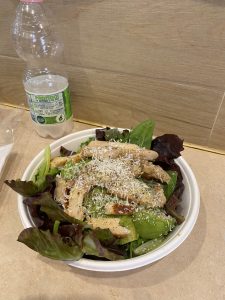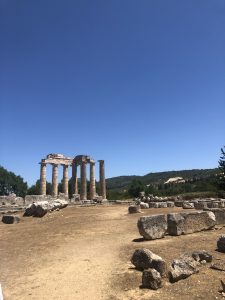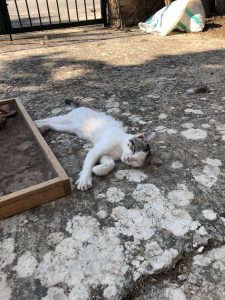Written by: Cassidy Davis | Spring 2023
IFSA Barcelona: UPF (Universitat Pompeu Fabra)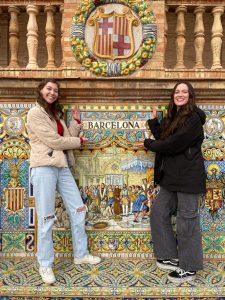
Ever since I was young, I knew I was going to study abroad. In high school, I had the opportunity to study in Mexico for 5 weeks between my junior and senior year. I lived with a host family, went to school, and committed to speaking Spanish the entire time. After this experience, I wanted to study abroad again in college. I chose to go to Butler University because almost half of the students study abroad while at Butler. I sought a program that would complement all three of my majors. As a Spanish major, I wanted to study at a university in a Spanish-speaking country. To fit my other majors in political science and international studies, I also needed to find a university that specialized in these degrees. I decided to study for a semester in Barcelona, Spain through the IFSA Barcelona program where I could take classes at the local university Universitat Pompeu Fabra. I specifically chose this program so I could continue taking Spanish classes as well as participate in an international internship. This program places students with a local organization based on our individual majors and interests. I was placed at a local non-profit organization called Homeless Entrepreneur, whose mission is to promote economic empowerment and poverty reduction via work and active citizenship. I am working as a social-policy intern and researching for a report that will be presented to the European Parliament in 2024. This is my first internship and there are a few things I wish I would have known prior to starting my position. Here are some tips for future students participating in an international internship:
1. Be patient.
I assumed I would arrive in Barcelona with an internship position ready for me when classes started. After seeing classmate after classmate being placed in their internships, I became worried that I wouldn’t be placed in an internship that fit my needs. It wasn’t until a few weeks after classes started that I was placed in my internship with another student in my program. The first few weeks were hard to get into the swing of things but as the semester went on I became more comfortable and confident with my work.
2. Don’t be scared to ask for help.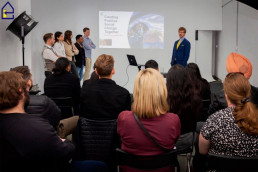
You will not be able to do your job well if you don’t understand what is expected of you. There is no shame in asking your supervisors or fellow interns for help because everyone at your internship wants to see you succeed.
3. Research the cultural differences before you start.
In the United States, the work mentality is completely different from most areas of the world. If you text or email your supervisor, you can expect a response relatively soon. Spain has a much more relaxed work environment, and my supervisors have even told me that they do not want me to work on the weekends because this is time that I should reserve for myself.
4. Have a positive attitude.
It is extremely important to show your supervisors and peers that you are enthusiastic about working with them. Even if you aren’t placed at an internship that you think fits your interests, you can still make an effort to make the best of the situation. The semester is not going to be easy if you don’t show up to work with a positive attitude. Use this time as a learning experience!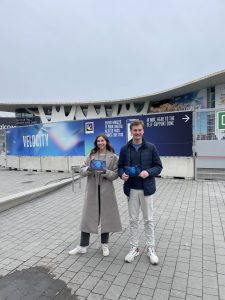
5. Stay organized.
This is especially important if you are working remotely like I was for the majority of the time. It can be very easy to not do work throughout the week because you get caught up with other classes and being abroad in general. You are ultimately interning to work and to advance your skills for future opportunities and will only be hurting yourself and your team by not contributing.

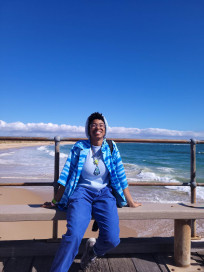 Written by: Enali Rogers | Spring 2023
Written by: Enali Rogers | Spring 2023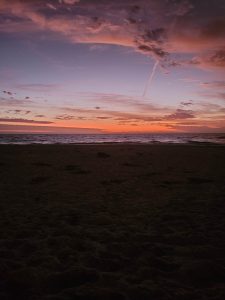
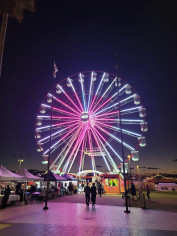
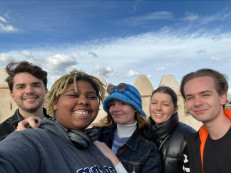
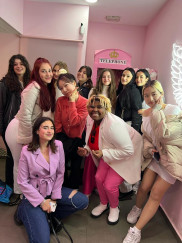
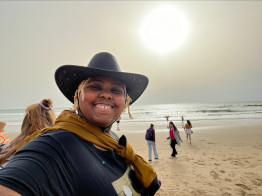
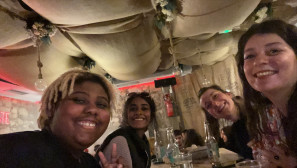
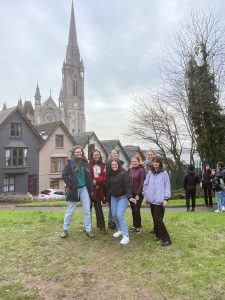
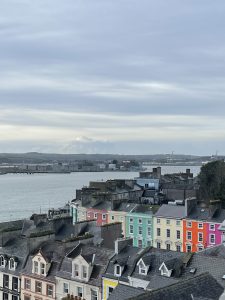
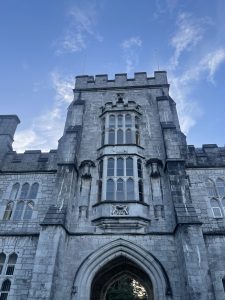
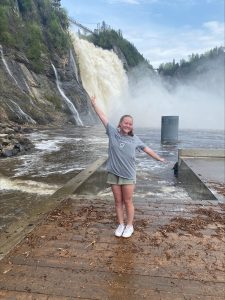
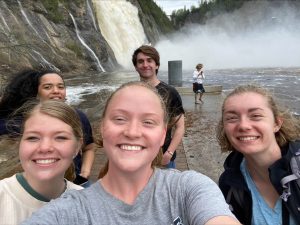
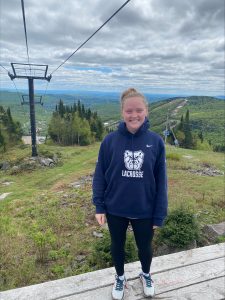
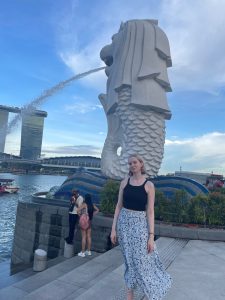
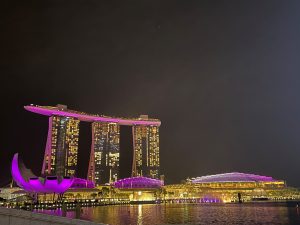
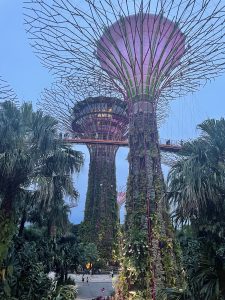
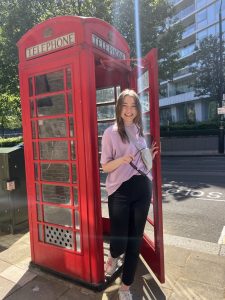
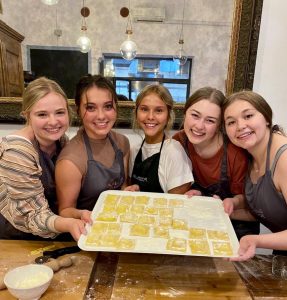
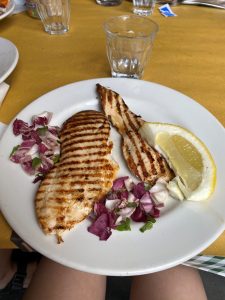 myself than I would have ever imagined. In the past two years, my love for health and food has drastically increased. Two years ago, I discovered that I had to go gluten free for medical reasons. If I ate anything containing gluten, I would fall asleep almost instantly. For years, I have been trying to eliminate foods that would make my body worse. This trip gave me the ability to find foods that could fuel my body to make it stronger. I learned all about the Mediterranean Diet, and I believe it is a diet that many people could easily follow and stick with. When I thought about what a healthy dinner should consist of, I always pictured some form of meat as the main dish with a side of vegetables. Now after studying abroad, I learned that meat does not have to be the main source of nutrients.
myself than I would have ever imagined. In the past two years, my love for health and food has drastically increased. Two years ago, I discovered that I had to go gluten free for medical reasons. If I ate anything containing gluten, I would fall asleep almost instantly. For years, I have been trying to eliminate foods that would make my body worse. This trip gave me the ability to find foods that could fuel my body to make it stronger. I learned all about the Mediterranean Diet, and I believe it is a diet that many people could easily follow and stick with. When I thought about what a healthy dinner should consist of, I always pictured some form of meat as the main dish with a side of vegetables. Now after studying abroad, I learned that meat does not have to be the main source of nutrients.